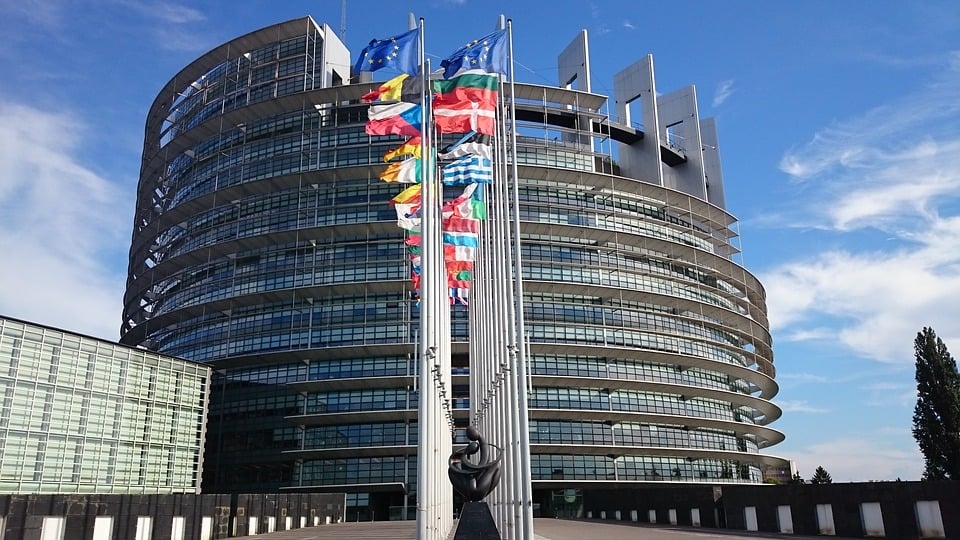Europe Takes Steps to Regulate Large Social Media and SEO Companies

STRASBOURG, France — Seeing ads of the item you just looked at on another website or Apple’s blue texts versus “ordinary” green texts on iPhones may be a thing of the past come October, if European Union legislators pass a newly unveiled antitrust law that seeks to rein in the reach of large technology companies.
Last week members of the European Parliament and European Council took a big step toward making the proposed law — Digital Markets Act — a reality by agreeing to new rules that target the largest social media and search engine companies also known as “gatekeepers.”
If legislators act quickly, the law could be put into effect as soon as October, said Margrethe Vestager, the EU’s commissioner for Competition at a recent press conference.
“The agreement ushers in a new era of tech regulation worldwide. The Digital Markets Act puts an end to the ever-increasing dominance of Big Tech companies,” said Andreas Schwab, a German representative who is the rapporteur for the EU’s Internal Market and Consumer Protection Committee said in a press release.
“From now on, they must show that they also allow for fair competition on the internet. The new rules will help enforce that basic principle. Europe is thus ensuring more competition, more innovation and more choice for users,” Schwab said.
According to the proposed law, users must explicitly give consent to online companies using their information for targeted ads.
That means the clothing item European internet users just looked up in one place can’t show up as an ad on their Facebook feeds minutes later without express permission to collect such information.
The law also seeks to break down the guardrails for companies with direct messaging applications so users are able to message across any platform, both large and small. The law potentially means companies like Apple with its blue iMessage would have to allow other companies onto its messaging platform.
“As the European Parliament, we have made sure that the DMA will deliver tangible results immediately: consumers will get the choice to use the core services of Big Tech companies such as browsers, search engines or messaging, and all that without losing control over their data,” Schwab said.
The law also gives regulators at the European Commission the ability to investigate and sanction non-compliant behavior. Fines, according to the law, could cost companies like Google and Facebook 10% of the companies’ global revenues for first offenses and up to 20% for repeated violations.
This law only applies to the largest multinational companies that provide services in at least three EU countries with at least 45 million monthly end-users, and more than 10,000 business users. Those companies also must have revenue of at least €7.5 billion in the European Economic Area and €75 in global revenue.
The law also implements new rules to allow users to uninstall pre-loaded applications from their devices.
App developers will also be able to sidestep certain platforms, like Apple’s App Store and its payment system.
“Above all, the law avoids any form of overregulation for small businesses,” Schwab said. “App developers will get completely new opportunities, small businesses will get more access to business-relevant data and the online advertising market will become fairer.”
To go into effect, the law’s language still has to be approved by lawyers and voted on by the members of the European Parliament and Council. Any rules created by the law would go into effect about six months after the law was passed and implemented.
Madeline may be reached at [email protected]























